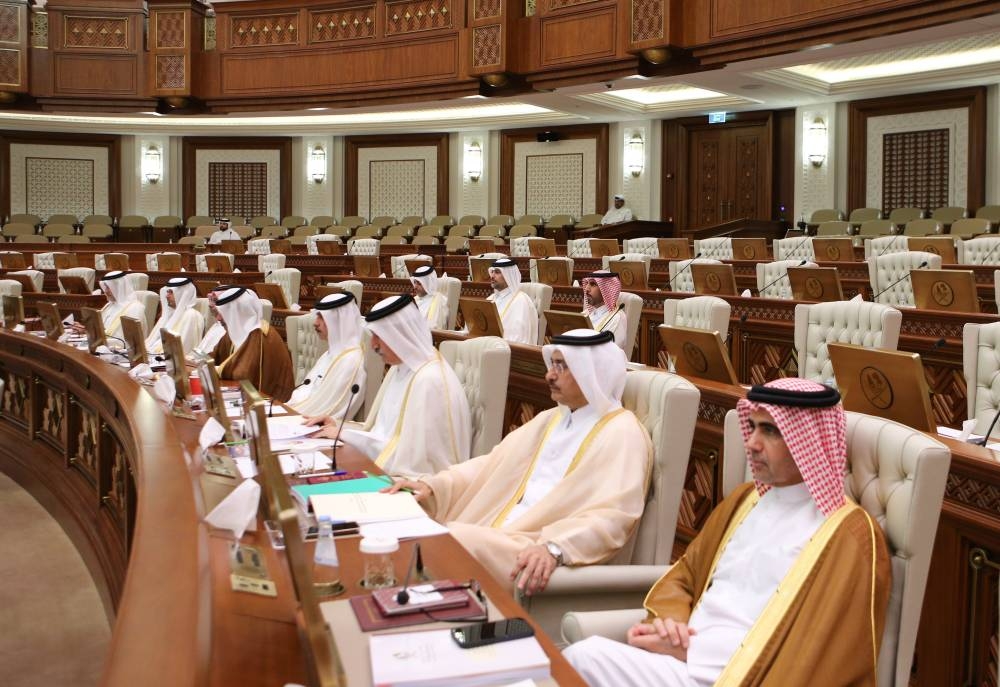- Council had called to provide support to private sector to give Qataris benefits equivalent to those in government jobs
The government works to anticipate the needs of skills and competencies required by all sectors in the country, especially the requirements to support Tawteen in the private sector, and also strives to develop all jobs in every sector in the State.
In its response to the Shura Council, the General Secretariat confirmed that the Ministry of Labour is co-ordinating with the Civil Service and Government Development Bureau to ensure the continuous updating and development of the Kawader platform.
The response was reviewed by the Shura Council Monday on the suggestions submitted by the Council regarding the issue of Qatari jobseekers and on the country's need to specify specialisations needed in the labour market and human resource development.
This came at the Shura Council's regular weekly meeting at Tamim bin Hamad Hall under the chairpersonship of HE Speaker of the Shura Council Hassan bin Abdullah al-Ghanim.
Members of the Shura Council praised the response of the General Secretariat of the Council of Ministers to the Shura's proposals and views in this regard, noting that the response was adequate and consistent with recommendations.
The Shura Council had discussed in previous sessions the aforementioned issue, and concluded that a proposal was submitted in this regard, which included the Council's views and proposals on the issue.
The Council called for accelerating Qatarisation efforts for all jobs and in all sectors of the State, in addition to providing qualifying and financial support to the private sector, to employ Qataris in equivalent to job privileges in the government sector, in terms of working hours, financial privileges and others.
The proposal included several axes, the most prominent of which was the formation of a committee comprising representatives of the Manpower Planning Department at the Ministry of Labour, the Ministry of Education and Higher Education, and Qatar University, in addition to other universities, to develop a five-year plan to determine the country's needs in all disciplines, in accordance with Qatar National Vision 2030, particularly, new majors at the stage of university education and those related to future jobs.
The proposal also included the development of the unified platform at the Civil Service and Government Development Bureau (Kawader), to facilitate obtaining of job opportunities with various employment agencies, within the jobs offered at the State level, in order to achieve the principle of equal opportunities.
Further, the proposal included improving the work environment in some sectors in terms of job privileges and working hours, via the implementation of the flexible working system and the development of remote work systems, to encourage Qataris to work in them.
It also included the development of special programmes to qualify applicants to work in various jobs in a manner commensurate with their specialisations and the nature of the work, and to give them appropriate financial rewards until they are appointed to the new jobs.
The Shura Council also reviewed, in its weekly session, a report on the participation of its delegation in the Effective Development Co-operation Summit, which was held via video in December 2022 under the title 'Parliaments and Effective Development Co-operation: The Oversight Challenge'.


